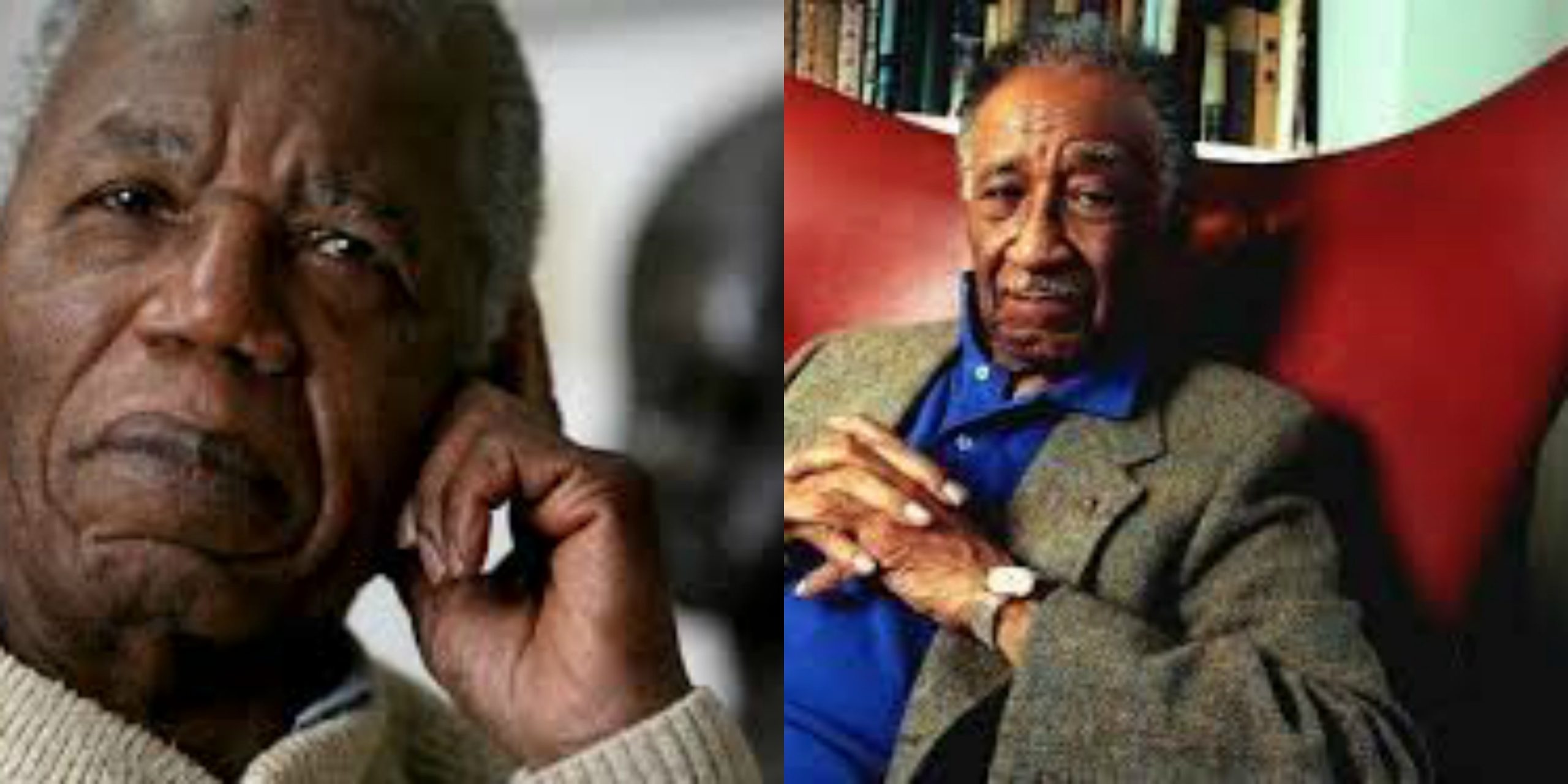Almost 18 years ago in The New Yorker, Anisfield-Wolf Jury Chair Henry Louis Gates Jr. profiled the intellectual and novelist Albert L. Murray, concluding, with a flourish, “this is Albert Murray’s century; we just live in it.”
That century ended August 18, 2013, when the Alabama-born man of letters died in New York at age 97. Gates memorialized the man, writing “Murray will be remembered as one of the great aesthetic theorists of American culture, specifically for his concept of the ‘blues aesthetic,’ which he identified as the subtext and deep structure of what, to the last, he thought of as Negro-American culture.”
That hyphen was inviolate to Murray.
In his magnificent 1970 essay collection, The Omni-American, Murray states, “American culture, even in its most rigidly segregated precincts, is patently and irrevocably composite. It is, regardless of all the hysterical protestations of those who would have it otherwise, incontestably mulatto.”
He took a dim view of separatism of all stripes. “Improvisation is the ultimate human (i.e. heroic) endowment” wrote Murray in The Hero and the Blues. In 1997, he came to Cleveland to accept an Anisfield-Wolf Lifetime Achievement award.
Murray – friend of Duke Ellington, who called him “the unsquarest man I know,” and confidant of novelist Ralph Ellison since their Tuskegee Institute student days – lived to see a 44th American president embody some of his own notions. The public continues to wrestle with Murray’s ideas today – as indicated by the comment thread on the man’s front-page obituary in the New York Times. Better reading is found in Murray’s books. His novel, “Train Whistle Guitar,” is a felicitous place to start.
On March 21, 2013, another literary titan died at age 82 after a brief illness. Chinua Achebe (pronounced CHIN-you-ah Ah-CHAY-bay) was only 28 in 1958 when William Heinemann Ltd. of London published his first book, a brisk Nigerian novel, Things Fall Apart. Achebe took the title for his anti-colonial masterpiece from a Yeats poem, “The Second Coming,” and—in 209 pages—remade the global literary conversation.
Things Fall Apart is now a classic—with more than 10 million copies sold—and taught around the globe. Philosopher and Anisfield-Wolf winner Kwame Anthony Appiah praised Achebe for his moral intensity, writing: “It would be impossible to say how ‘Things Fall Apart’ influenced African writing. It would be like asking how Shakespeare influenced English writers or Pushkin influenced Russians.”
The novel chronicles how a proud Igbo man named Okonkwo is brought low in late 19th-century Nigeria. It stands at the headwaters of contemporary literature, and, as Appiah noted, “opened up the magic casements of African fiction.”

